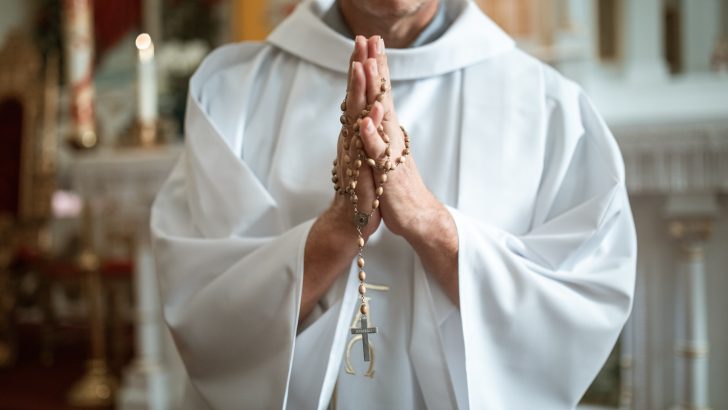Faith leaders have an important role to play as the world continues to respond to the coronavirus pandemic and the ups and downs of vaccine distribution, participants in a webinar heard.
That role is based on trust and accurately sharing information, said Kathryn Kraft, senior research adviser for faith and development at World Vision International.
Ms Kraft told the March 16 webinar, which was coordinated by Georgetown University’s Berkley Centre for Religion, Peace and World Affairs, that faith leaders are essential players in the campaign to end the pandemic.
She described the findings of a World Vision report that identified faith leaders as being as important as health care workers in providing information and modelling appropriate behaviour in the pandemic response.
“As trusted community members with vital social, access and spiritual capital, faith leaders can exercise considerable positive influence in many communities during the current crisis,” said the report, titled “Faith in Action: Power of faith leaders to fight a pandemic”.
Like earlier efforts in response to HIV and AIDS, Ebola and Zika, faith leaders are on the front line of responding to Covid-19, Ms Kraft said. In addition, she explained, because of their importance to local communities, faith leaders can help their congregations navigate through the massive amount of information – and disinformation – surrounding the pandemic.
In February 2020, prior to declaring a pandemic March 11, 2020, the World Health Organization warned that a “massive infodemic” stemming from the spread of false statements posed a danger to an effective coronavirus response.
In contrast, Ms Kraft added, the overwhelming amount of fact-based information on the coronavirus has led people to become so “paralyzed” that they think that no action in response to Covid-19 is the best course, leading to reduced adherence to safety protocols and to greater doubts about the effectiveness of the vaccines.
Faith leaders can be “very meaningful” in modelling appropriate behaviour themselves, including receiving one of the vaccines, Kraft explained. Such action “helps people think through decisions for themselves,” she said.


